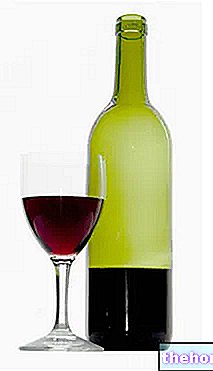
In some cases, however, it may be necessary to resort to the use of food supplements containing them to cope with any increased need or insufficient intake.
Although these are essential nutrients for life, the intake doses are very important. In fact, an excess of vitamins and minerals can have as negative effects on health as their deficiency. For this reason, in food supplements these nutrients must be present in such concentrations as to never exceed the maximum values imposed by the legislation currently in force on the subject.
of these products are the following:
- The minimum intake of vitamins and minerals with the amount of daily intake indicated on the label must not be less than 15% of the nutritional reference values (VNR) - or "Nutrient Reference Values" (NRVs) - reported in Annex XIII, part A, point 1 of Regulation (EU) 1169/2011.
- On the label, the weight content of vitamins and minerals on the amount of daily intake must also be expressed as a percentage of the NRV where required.
15 mg for products intended for adults
7.5 mg for products intended for children (from 3 years) and adolescents
In addition to the above values, the Ministry of Health provides that:
- With regard to zinc, for products possibly intended for infants (up to 3 years), the NRV of 5 mg (as per directive 2006/141 / EC) cannot be exceeded.
- For fluoride, considering the needs of children within three years of age, a minimum intake of 0.25 mg is allowed even if it is less than 15% of the NRV.
- For boron, for which there is no NRV, the minimum intake must not be less than 0.23 mg.
- With regard to potassium, for contributions with the daily dose equal to or greater than 1000 mg, the warning must be given on the label:
'For the contribution of potassium it is advisable to consult a doctor. The simultaneous intake of some drugs can in turn interfere with the retention of potassium in the body. The use is not recommended for children.'
















.jpg)











